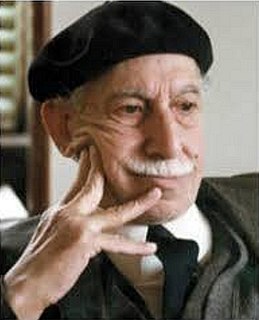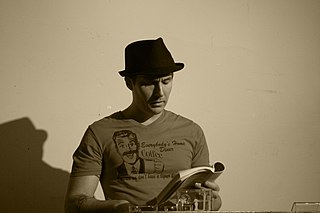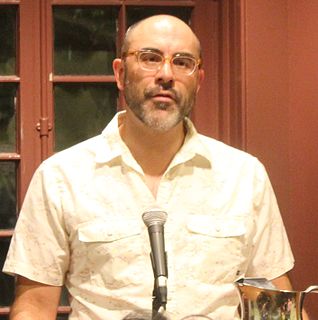A Quote by Jonathan Franzen
I don't personally like the e-readers they've come up with so far. I don't fetishize books, but I do like that they're solid and unchanging.
Quote Topics
Related Quotes
In the past, traditional art was based on making manifest what is enduring in man, like love, jealousy, hatred, envy, and greed... . Today art has to look again at these unchanging qualities, because society is no longer unchanging. It is up to art today to show us what has become of these unchanging qualities in a world which is moving and changing.
There's a generation of people that do fetishize books and do fetishize catalogues and do look at them as something important. The same thing with magazine culture: because magazines don't make the amount of money that they used to, it's become important again to another generation of people to actually read them. And it's very, very pinpointed to the select people that actually fetishize and go in and look at them.
Solid scriptural theology should be valued in the church. Books in which Scripture is reverently regarded as the only rule of faith and practice-- books in which Christ and the Holy Ghost have their rightful office-- books in which justification, and sanctification, and regeneration, and faith, and grace, and holiness are clearly, distinctly, and accurately delineated and exhibited, these are the only books which do real good. Few things need reviving more than a taste for such books as these among readers.
I'm trying to steal from everybody. So yeah, there's cats that I'm personally affiliated with - Carl Franklin, Paul Thomas Anderson - and others that I don't know personally but their work I'm a big admirer of, like Martin Scorsese. But I'm hoping to come up with a language that is mine, that's specific to my take on this material.



































